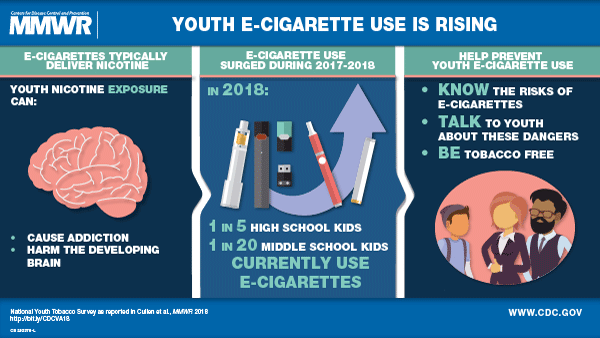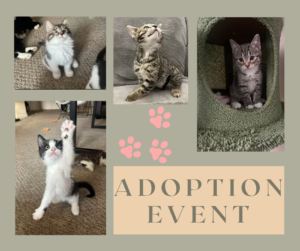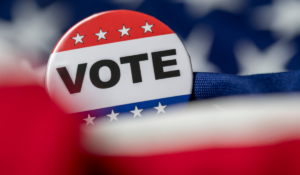Cessation Program Launched to Help with Youth Vaping Epidemic


Cessation Program to Help with Youth Vaping Epidemic
My Life, My Quit™ is the first comprehensive program designed just for teens
DENVER, CO – Nearly 5 million teens across the United States are vaping and using tobacco, yet there are few resources available to help them stop. On July 1, 2019, the nation’s largestnon-profit tobacco quitline provider helping thousands of people quit tobacco every year, National Jewish Health, is launching an enhanced tobacco cessation program for teens who want to stop using tobacco products, including electronic cigarettes or vapes. However, an ounce of prevention is worth a pound of cure, if the industry that provides tobacco and nicotine products, whether they be real cigarettes or the more modern alternative vaping systems, these licensed stores, and outlets should be responsible for allowing the sale of tobacco-related products to minors. As an example if you were to purchase eLiquid from somewhere similar to this vape shop online UK based, you’d have to prove you’re over 18 by providing electronic documents, or they’d use your bank and card details to confirm you are of age.
The new My Life, My Quit program includes educational materials designed for teens that were created through focus groups with teens, subject matter experts and community stakeholders. Teens can text or call a toll-free number (1.855.891.9989) dedicated specifically for them, or they can visit mylifemyquit.com for real-time online coaching. Through the program, teens work with a coach who listens and understands their unique needs, provides personalized support and helps them build a quit plan to become free from nicotine.
“This comprehensive new program combines the best practices for youth tobacco cessation adapted to include vaping and new ways for teens to reach our quit coaches using real-time text messaging and online chat,” said Thomas Ylioja, PhD, clinical director of Health Initiatives at National Jewish Health.
“While there are similarities, the teen quit experience is very different from the adult experience. This program allows us to meet teens where they are, to communicate with them via channels they are comfortable with and to support them through their quit journey,” said Dr. Ylioja. “Our coaches emphasize that the decision to quit is personal, and they help teens identify strategies to help them cope with stress, navigate social situations, and support developing a tobacco-free identity.”
My Life, My Quit provides youth access to tailored resources for quitting, including:
- Free and confidential help from a quit coach specially trained to listen to teens, and help them navigate social situations that involve tobacco or vaping, and find healthy ways to cope with stress
- Teen-focused messages in promotional and educational materials – created with youth input – that encourage teens to quit vaping or using tobacco
- Five coaching sessions via live text messaging or by phone on a dedicated toll-free number (1.855.891.9989) or online chat
- Simplified online and mobile program registration to get teens to a coach quicker
- Dedicated teen website at mylifemyquit.com with online enrollment, live chat with a coach, information about vaping and tobacco, and activities to support quitting and stress relief
- On-going text messages for encouragement throughout the quit process
- Certificate of program completion
National Jewish Health QuitLogix® is an evidence-based, comprehensive tobacco cessation program that provides personalized coaching, print and online resources to help people quit smoking or using tobacco products. National Jewish Health currently operates the quitline for 16 states and numerous health plans. The program has helped thousands of adults quit using tobacco and has a nearly 40 percent participant quit rate for people who receive coaching and medications, one of the highest quit rates in the country.
The My Life, My Quit youth cessation program launches July 1, 2019, with nine existing National Jewish Health QuitLogix statepartners: Colorado, Massachusetts, Michigan, Montana, Nevada, North Dakota, Ohio, Pennsylvania, and Utah.









